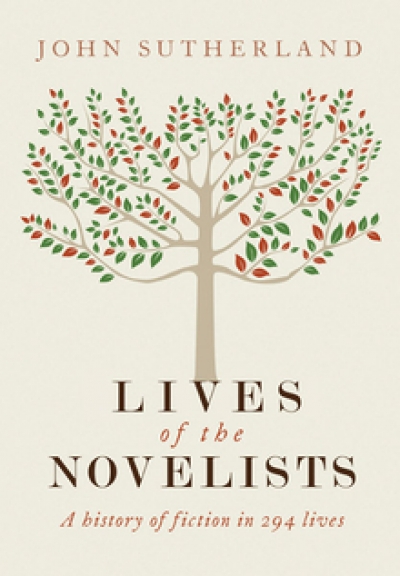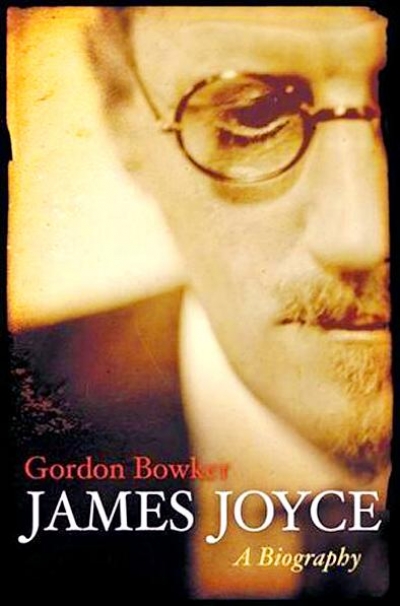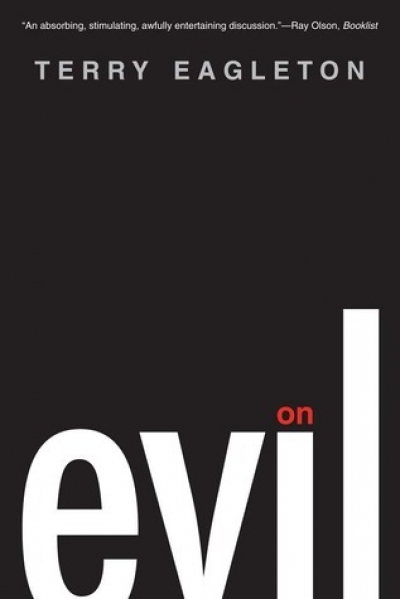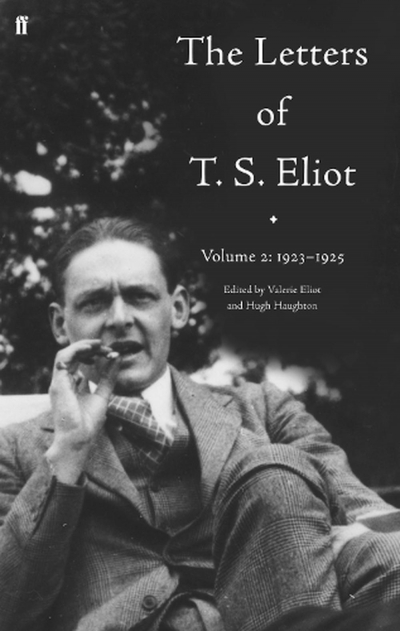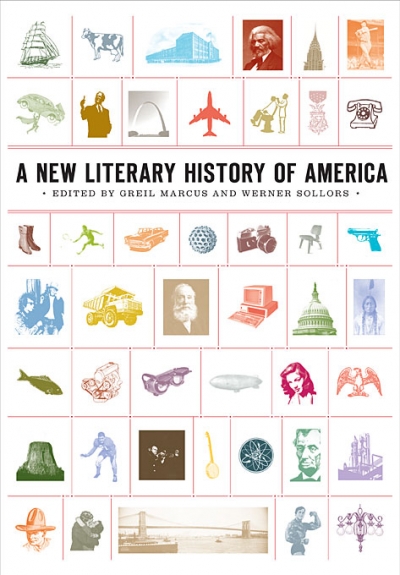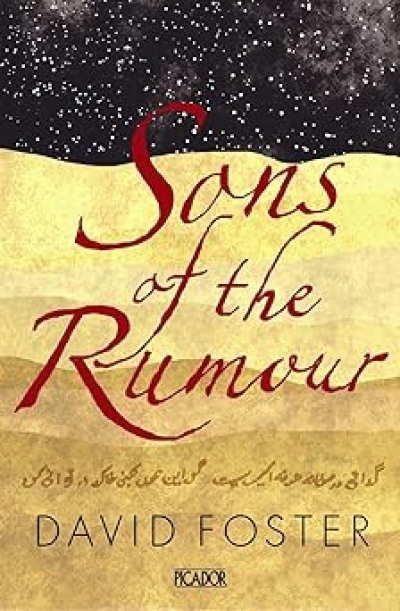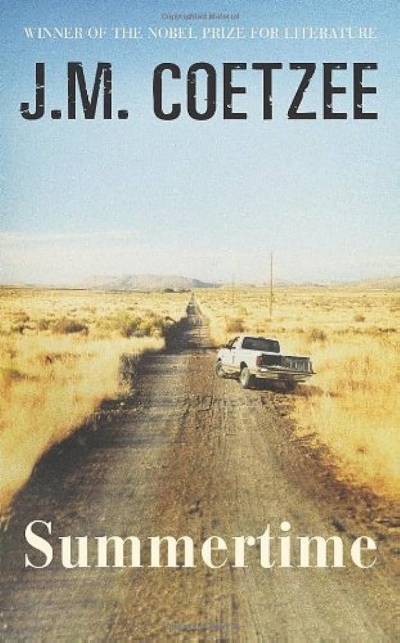James Ley
Lives of the Novelists: A history of fiction in 287 Lives by John Sutherland
by James Ley •
The Letters of T.S. Eliot, Volume 2: 1923–1925 edited by Valerie Eliot and Hugh Haughton
by James Ley •
A New Literary History of America edited by Greil Marcus and Werner Sollors
by James Ley •
Summertime by J.M. Coetzee & The Cambridge Introduction to J.M. Coetzee by Dominic Head
by James Ley •

